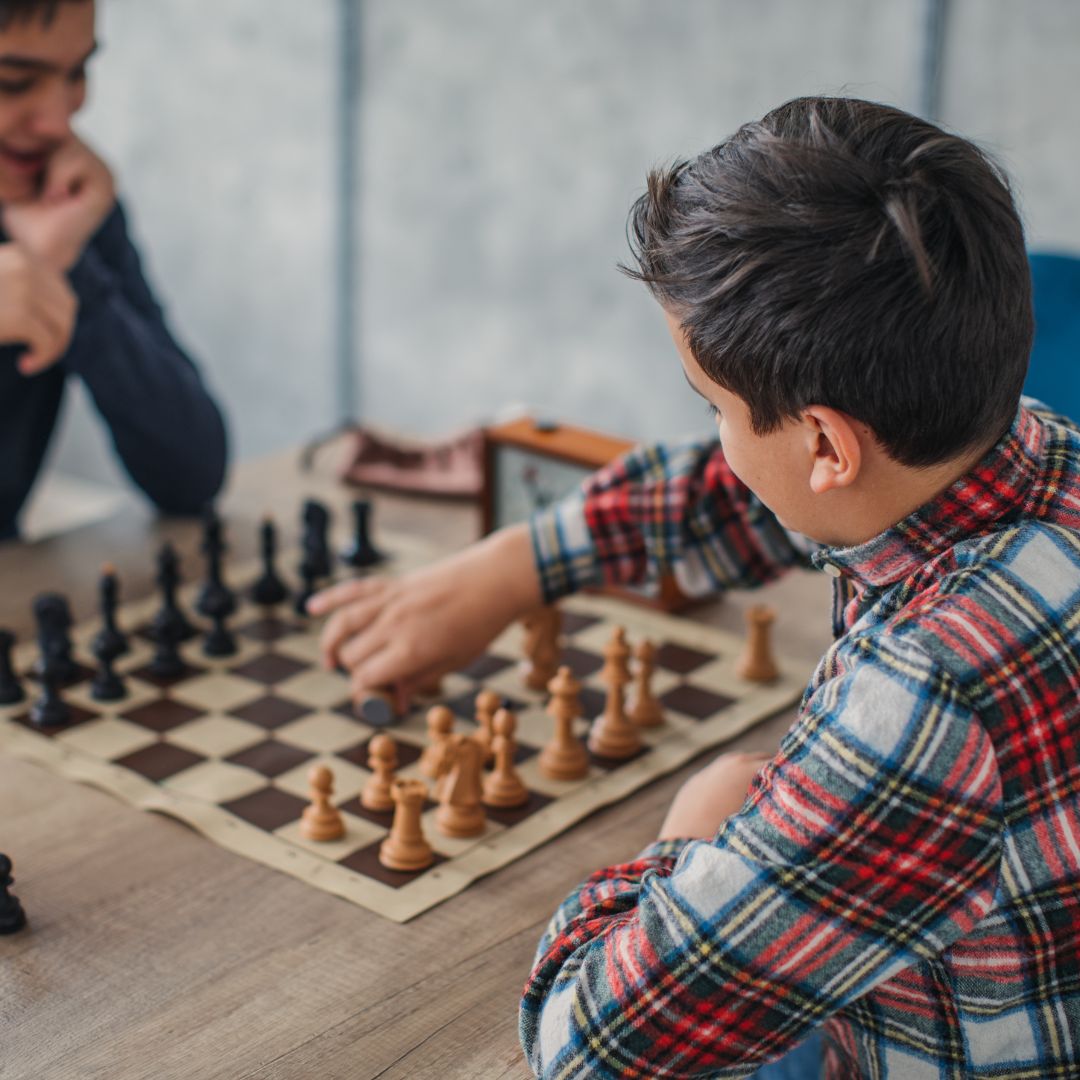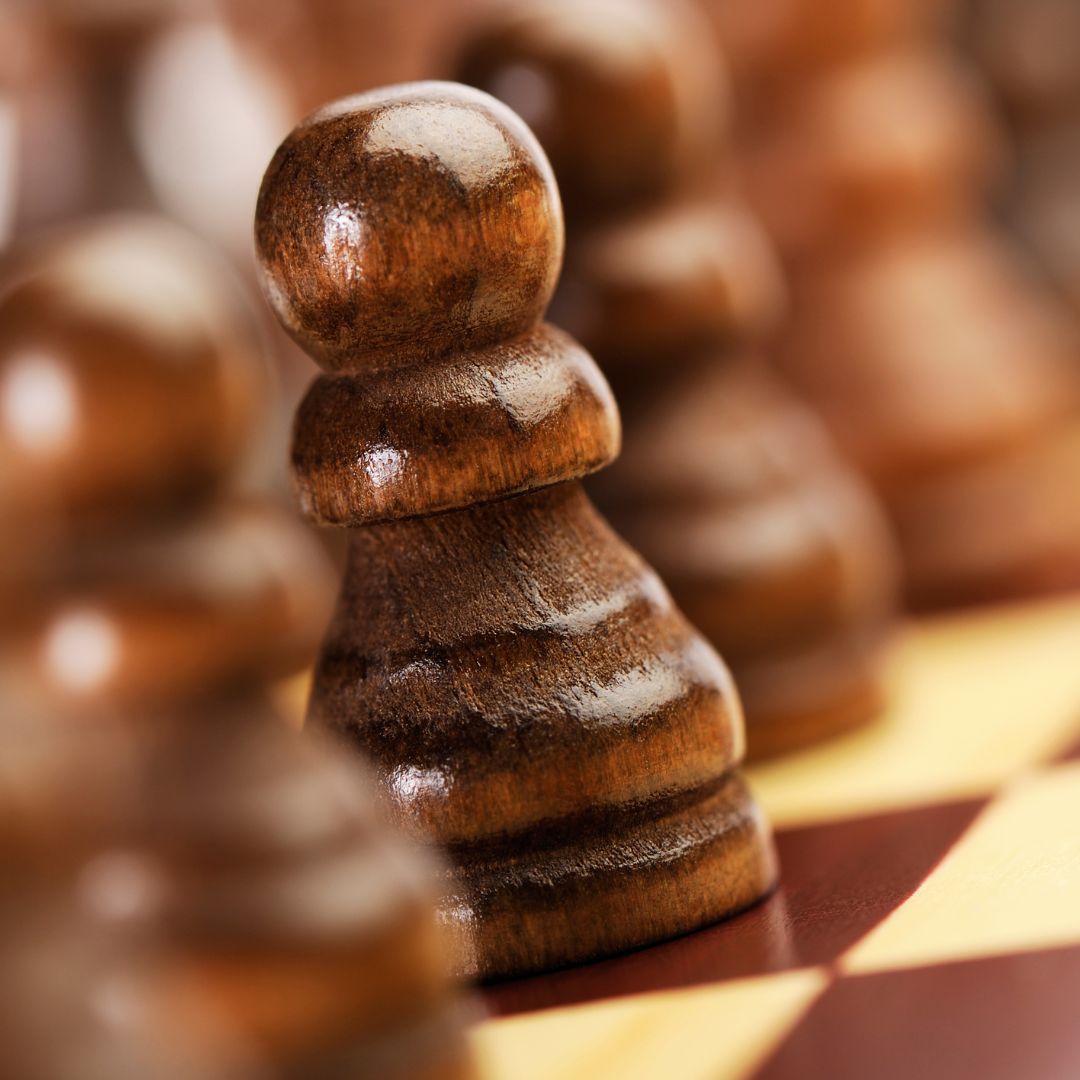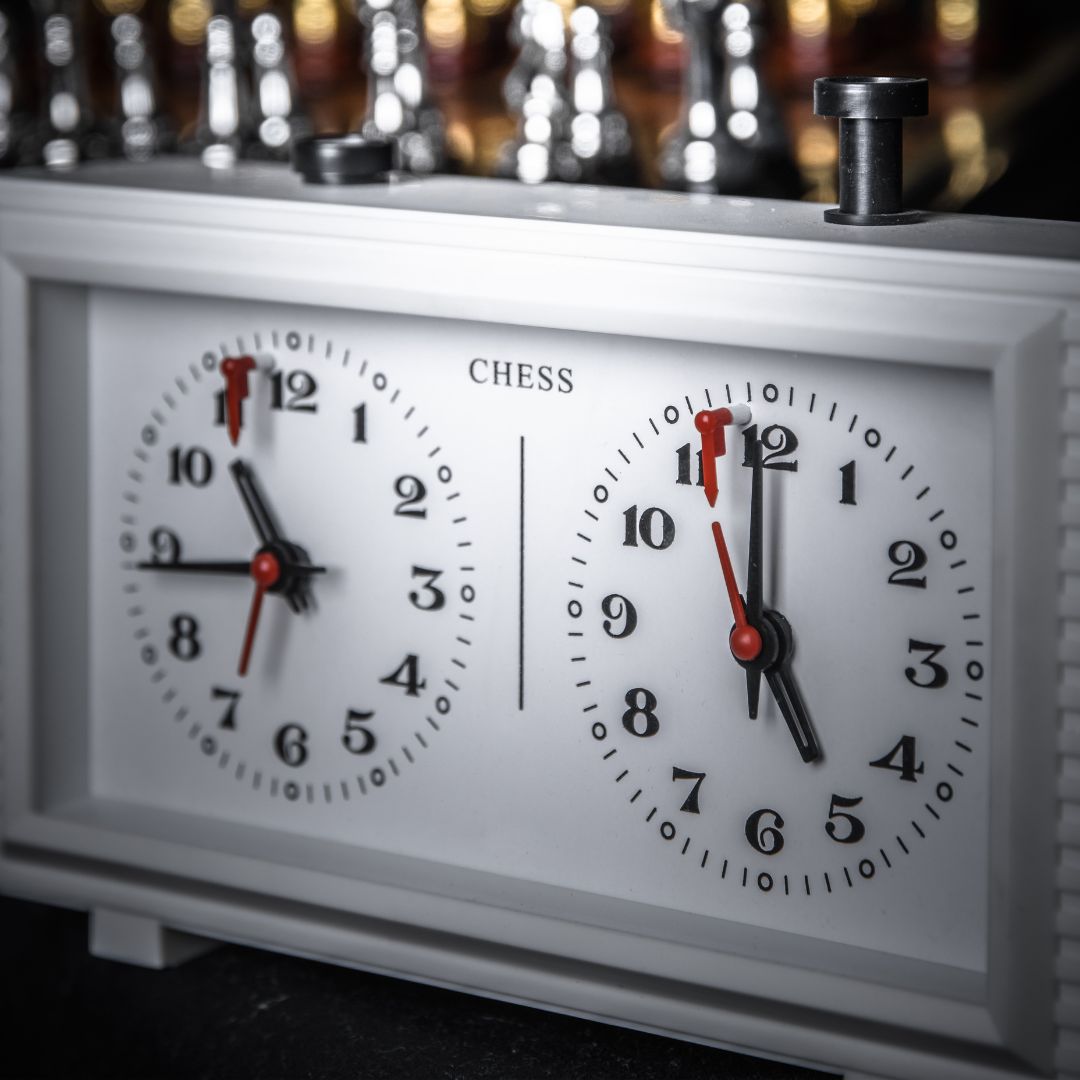
- Basics, Chess
- December 21, 2022
- 2:35 pm
5 Beginner Mistakes to Avoid in Chess
As a beginner chess player, it’s natural to make mistakes as you learn the game. However, there are some common mistakes that many beginners make that can be easily avoided with a little bit of knowledge and practice. In this article, we’ll go over five beginner mistakes to avoid in chess to help you improve your game and avoid frustrating missteps.
Key points:
- Planning your moves carefully and anticipating your opponent’s movements
- Protecting your pieces by paying attention to their position and mobility
- Using pawns to control key squares and create passed pawns
- Preparing for the endgame by paying attention to pawn structure and the relative value of different pieces
- Managing your time effectively in chess tournaments
Moving too quickly:
One of the most common mistakes that beginners make in chess is moving too quickly without thinking about their next move. While it’s important to keep the game moving, it’s also important to take the time to consider your options and plan your strategy. Before making a move, take a moment to assess the position of the pieces on the board and consider your options. This is especially important for beginners, as it can help you avoid making hasty or ill-advised moves.
Another reason why it’s important to take the time to plan your moves in chess is that it can help you avoid making mistakes that could put you at a disadvantage. For example, if you move too quickly and fail to consider all of your options, you may make a move that exposes one of your pieces to attack or allows your opponent to gain a positional advantage. By taking the time to carefully consider your options, you can avoid making these types of mistakes and position yourself for success.
Additionally, taking the time to plan your moves can help you develop a stronger sense of the overall strategy of the game. Chess is a game of both tactics (short-term moves and exchanges) and strategy (long-term planning and positioning). By considering the long-term consequences of your moves and thinking about the overall position of the pieces on the board, you can develop a stronger strategic understanding of the game. This can be especially helpful for beginners, who may not yet have a strong sense of how to plan for the endgame or how to achieve specific goals in a game.
Taking the time to plan your moves in chess is essential for avoiding mistakes and improving your overall game. By carefully considering your options and anticipating your opponent’s movements, you’ll be better equipped to make informed and strategic decisions that set you up for success.
Not protecting your pieces:
Another common mistake that beginners make in chess is failing to protect their pieces from being captured. It’s important to keep an eye on your opponent’s pieces and anticipate their movements to avoid losing your pieces unnecessarily. This is especially true for beginners, who may not yet have a strong sense of the strategic value of different pieces.
One way to avoid losing pieces unnecessarily is to pay attention to the position and mobility of your pieces on the board. If a piece is poorly positioned or has few options for movement, it may be more vulnerable to attack. By positioning your pieces in such a way that they are able to support and protect each other, you can create a stronger and more cohesive defense.
It’s also important to pay attention to your opponent’s pieces and anticipate their movements. By looking for potential threats and taking steps to mitigate them, you can better protect your pieces and avoid losing them unnecessarily. For example, if you see that your opponent is positioning their pieces in such a way that they are threatening to capture one of your pieces, you can take steps to block or deflect the attack.
In summary, protecting your pieces is an important aspect of chess strategy. By paying attention to the position and mobility of your pieces and anticipating your opponent’s movements, you can avoid losing pieces unnecessarily and maintain a stronger position on the board. This is especially important for beginners, who may not yet have a strong sense of the strategic value of different pieces.
Ignoring the pawns:
Pawns may not be the most powerful pieces on the chessboard, but they are important and can have a big impact on the game. Beginners often overlook the pawns, focusing instead on the more powerful pieces like the queen and rooks. However, the pawns can be used to control key squares and create opportunities for other pieces. Be sure to include the pawns in your overall strategy, especially when you’re just starting out with chess for beginners.

One way to use pawns effectively in chess is to use them to control key squares on the board. Pawns can be used to block or restrict the movement of your opponent’s pieces, or to create openings for your own pieces to move through. For example, by advancing a pawn to a key square, you can create a path for your bishop or knight to move through and attack your opponent’s pieces.
Another way to use pawns effectively is to use them to create passed pawns – pawns that have no pawns of the opposite color blocking their path to the eighth rank. Passed pawns can be very powerful, as they can be used to threaten your opponent’s pieces and create openings for your own pieces to attack. To create passed pawns, it’s important to control key squares and create space for your pawns to advance.
Pawns are an important and often overlooked aspect of chess strategy. By using them to control key squares and create passed pawns, you can create opportunities for your other pieces and put pressure on your opponent’s position. Be sure to include the pawns in your overall strategy, especially when you’re just starting out with chess for beginners.
Not considering the endgame:
Many beginners make the mistake of focusing solely on the opening and middle game, neglecting the endgame. The endgame is the final phase of the game when there are fewer pieces on the board and the focus shifts to positioning and strategy. It’s important to consider the endgame from the beginning of the game and plan accordingly. This is especially true for beginners, who may not yet have a strong sense of how to plan for the endgame.
One way to prepare for the endgame is to pay attention to pawn structure – the position and configuration of your pawns on the board. Pawn structure can be a key factor in the endgame, as it can determine which pieces are able to move and attack effectively. By maintaining a strong pawn structure, you can create opportunities for your pieces and put pressure on your opponent’s position.
Another way to prepare for the endgame is to develop a sense of the relative value of different pieces. In the endgame, the value of different pieces can change significantly, and it’s important to have a sense of which pieces are more valuable in different positions. For example, a bishop may be more valuable in an open position with plenty of diagonals to attack along, while a knight may be more valuable in a closed position with few open lines.
The endgame is an important phase of the game that requires careful planning and strategy. By paying attention to pawn structure and developing a sense of the relative value of different pieces, you can better prepare for the endgame and improve your overall chess skills. This is especially important for beginners, who may not yet have a strong sense of how to plan for the endgame.
Not paying attention to the clock:
In chess tournaments, players are often given a set amount of time to make all of their moves. Beginners may make the mistake of not keeping track of their time and running out of time before making all of their moves. Be sure to pay attention to the clock and manage your time wisely, especially when you’re just starting out with chess for beginners.
One way to manage your time effectively in chess is to set a pace for yourself and stick to it. This can help you ensure that you have enough time to consider your options and make your moves without running out of time. One way to do this is to set a specific amount of time for each move, such as 30 seconds or 1 minute. By doing this, you can create a rhythm for yourself and avoid getting too bogged down or rushed during the game.
Another way to manage your time effectively is to use time management techniques, such as the 40/20 rule. This rule suggests that you should spend 40% of your time on your own moves and 20% of your time on your opponent’s moves. By following this rule, you can ensure that you have enough time to consider your options and make informed decisions without running out of time.
Managing your time effectively is an important aspect of chess, especially in tournament play. By setting a pace for yourself and using time management techniques, you can ensure that you have enough time to consider your options and make your moves without running out of time. This is especially important for beginners, who may not yet have a strong sense of how to manage their time during a game.
Final Thoughts
By avoiding these common mistakes, you’ll be well on your way to improving your chess game and becoming a more skilled player. Remember to keep practicing and learning, and don’t be afraid to ask for help or seek out guidance from more experienced players.
Read also
How to become a Chess Grandmaster
The Sicilian Defense: A Comprehensive Overview
5 Beginner Mistakes to Avoid in Chess
Best Chess Software for PC [Top 5]
Best Chess Software for Mac [Top 5]
